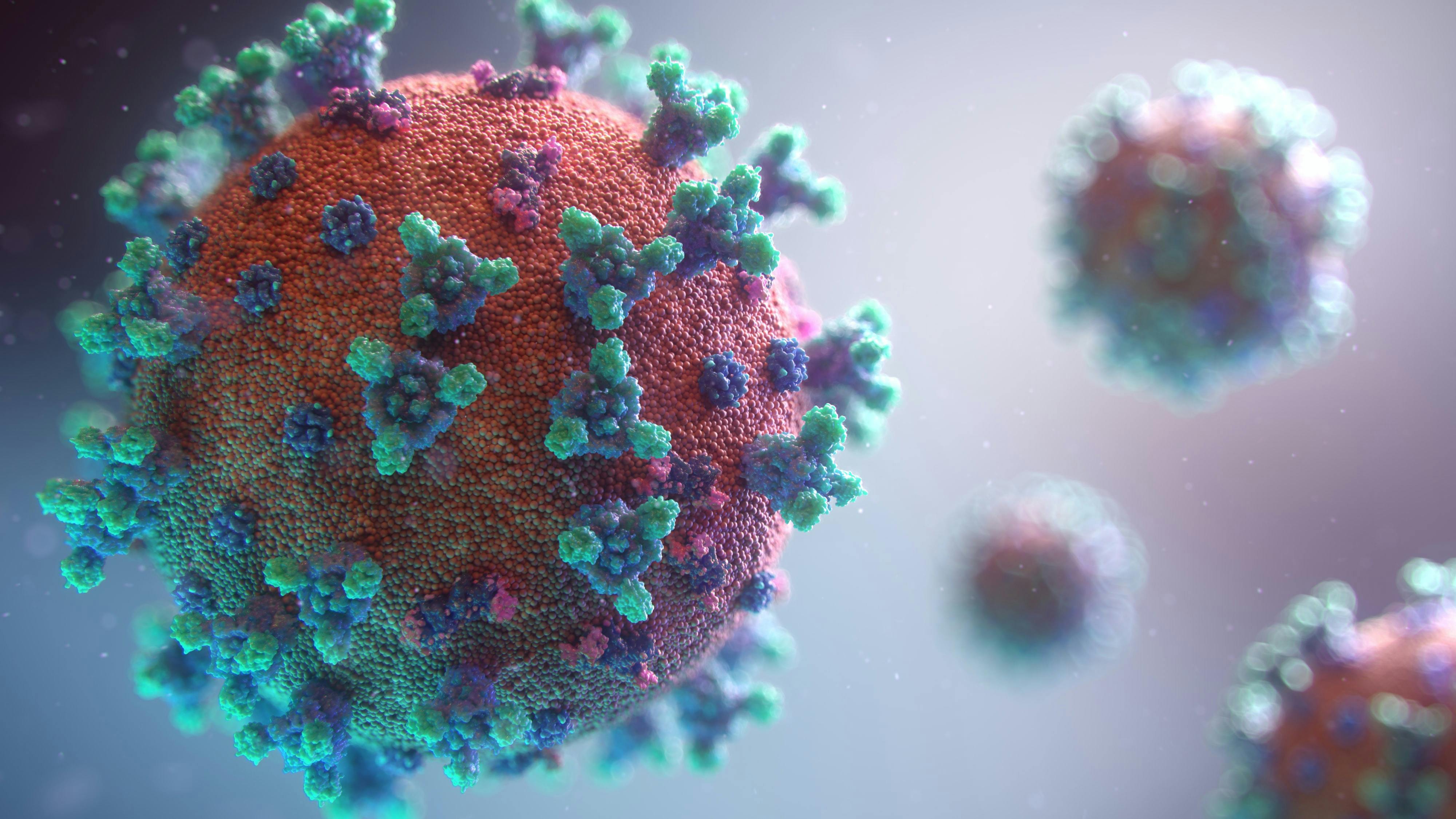Covid-19: side effects, vaccine & more
What's covered?

COVID-19 (the disease caused by the coronavirus called SARS-Cov-2) was discovered in China in November 2019 and is rapidly spreading globally. It's spread through coughing or sneezing. Washing your hands, wearing a mask in crowded places, and getting vaccinated are good ways of reducing your risk. If you think you might be infected, it's important to stay at home and self-isolate until your results are confirmed with a PCR test.
What is coronavirus?
The term coronavirus actually refers to a wide family of viruses. COVID-19 is the name given to the disease caused by the coronavirus strain called SARS-CoV-2. This was discovered in Wuhan, China, in November 2019.
Because it’s still such a new illness, some aspects of COVID-19 are still unknown. The below information is based on the information scientists have at the moment and what has been published by the World Health Organisation.

What are the symptoms of COVID-19?
The NHS identified the following as key symptoms for COVID-19:
- a high temperature (fever) — a temperature of 38°C or above
- a new, continuous cough — if you usually have a cough, this cough might be different or worse than usual
- the loss of your sense of smell and taste
With new variants of COVID-19, some symptoms can be similar to that of a cold or flu. You can do a rapid lateral flow test at home — if the result is positive, you should do a PCR test (where the test is analysed in a laboratory) to confirm.
Stay at home while you wait for your results.
How's COVID-19 spread?
At the moment, scientists believe that COVID-19 is mainly spread from humans to humans through cough droplets that can last in the air.
The virus is airborne, but can also spread through surfaces, especially when you touch your nose, eyes or mouth with unwashed hands.
What happens when you’re infected?
COVID-19 affects people differently. For some otherwise healthy people, symptoms can go away after a few days. But for someone with an underlying health issue, it can take weeks to recover, and in some cases, can even be fatal.
Is there a cure for the coronavirus?
At the moment there's currently no specific cure for the disease and it's treated symptomatically.
Because COVID-19 is a viral and not a bacterial disease, antibiotics aren't effective. But, there are a few simple measures you can take to reduce the risks of catching the virus.
What is long COVID?
Some people who had COVID 19 experience symptoms for weeks or months after getting sick. This is sometimes called post-COVID-19-syndrome or long COVID.
Those who have long COVID usually have:
- extreme fatigue
- shortness of breath
- heart palpitations
- difficulty concentrating
- dizziness
- joint pain
- depression and anxiety
- tinnitus or earaches
Even if you only had mild symptoms of COVID-19, you can still experience long COVID. Get help from a GP if you experience long-term effects of COVID-19.
How can you protect yourself and others from COVID-19?
The World Health Organisation and NHS both recommend taking the following precautions:
- The less contact you have with other people, the fewer chances you have of either catching the virus or spreading it. Follow the government for the latest guidelines and advice.
- Maintain at least 2 metres (7 feet) distance between yourself and anyone who is coughing or sneezing. Because symptoms of COVID-19 can often be mild, even if someone doesn’t feel or look ill, they might still be infected.
- Wash your hands regularly and thoroughly (for at least 20 seconds) with either an alcohol-based hand rub or if that’s not available, soap and water. This helps to kill viruses and germs that may be on your hands.
- Try not to touch your eyes, nose, and mouth.
- Cover your mouth when coughing or sneezing. Make sure you either cover it with a tissue or your sleeve. Try to not use your hand. If you do use your hand to cover your mouth, wash it immediately after. And don’t forget to put any used tissues in the bin.
- Do a rapid lateral flow test when attending events or meeting groups of people.
- Open windows for good ventilation when socialising indoors.
- Where possible, wear a mask to reduce the spread of droplets.
- Stay at home if you feel unwell, especially if you have any of the three main symptoms — fever, cough, and difficulty breathing.
- Be mindful that people over the age of 70, or people who have underlying health conditions like diabetes or heart disease are at greater risk of harm. Be extra careful around them.
- Keep up to date with the latest travel advice and regulations from the government.
What should you know about getting vaccinated?
The use of a COVID-19 has been approved in the UK and is one of the best ways to protect yourself. Currently, the following people are all eligible to get a COVID-19 vaccine:
- everyone age 16 and older
- children between ages 12-15 with a higher risk of catching COVID-19 because of an underlying condition.
While you can experience some side effects after your vaccine, these are usually mild.
Follow the NHS guidelines for more information. Even when fully vaccinated, there is still a chance that you can get infected or spread COVID-19 so you should still be following advice on how to reduce your risk.
Useful numbers and websites
If you think you might be infected, or know anyone that could be infected, it's important to stay at home and self-isolate until your COVID-19 status is confirmed with a PCR test. If you test positive, continue isolating until it's at least 10 days after the onset of your symptoms.
If you feel you can't cope with your symptoms at home, your condition gets worse, or your symptoms don't get better after 7 days, call the NHS helpline on 111.
Other useful web pages are: